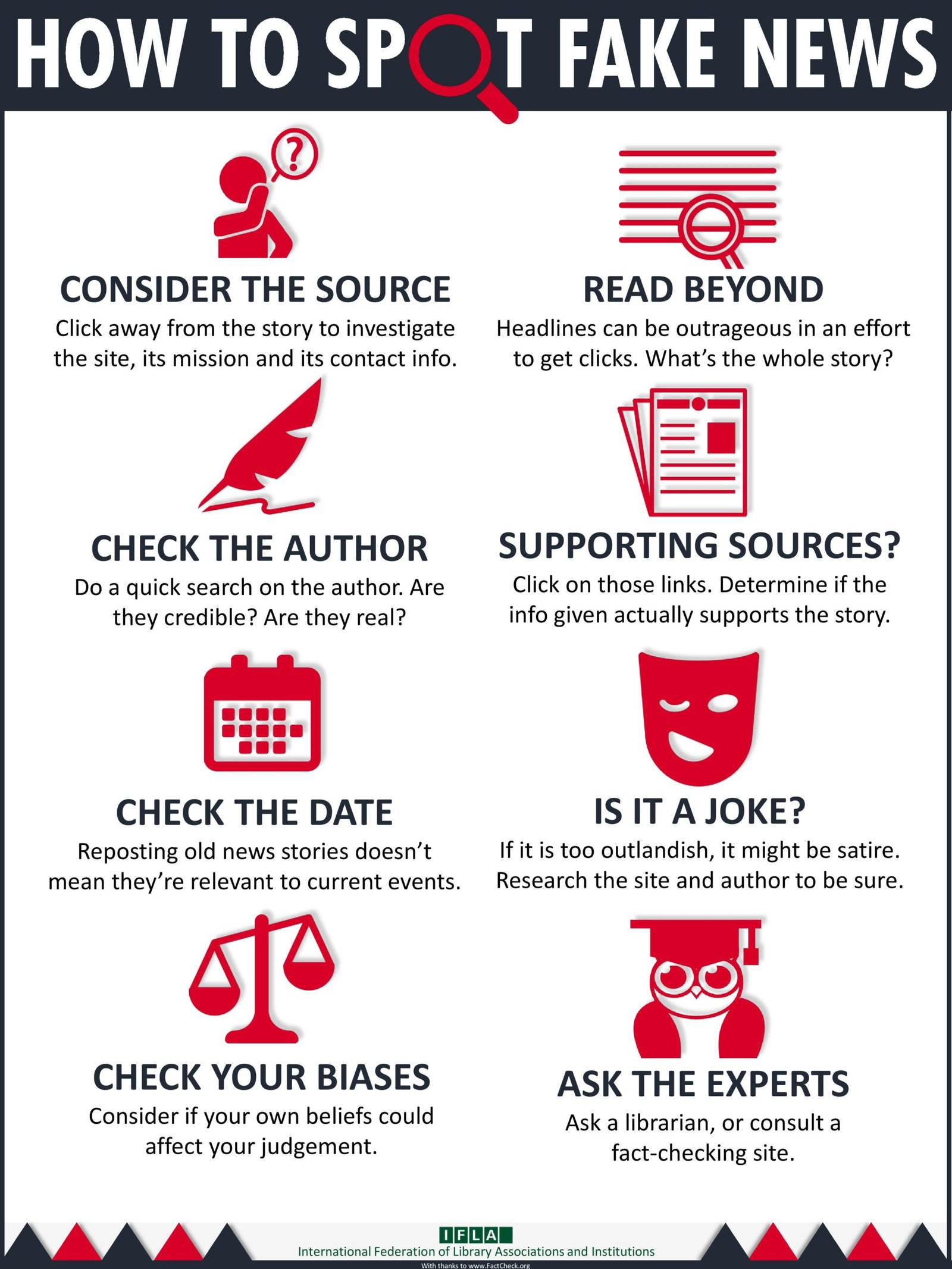If you’ve been wronged by a company, whether through breach of contract, defective products, or other harmful practices, you may be considering taking legal action. Deciding to sue a business is a major step, and understanding the process, potential challenges, and necessary preparation is essential for success. Here’s a comprehensive guide on how to sue a business, including key considerations and frequently asked questions.
What Are the Legal Grounds for Suing a Business?
The first step in suing a business is identifying the legal grounds for your lawsuit. Common legal grounds include:
- Breach of Contract – If the business failed to uphold its side of an agreement, you may have grounds to sue. This can include a business partner or a vendor failing to fulfill obligations.
- Product Liability – If a defective product caused injury or harm, you may sue the business responsible for manufacturing or selling it.
- Fraud and Misrepresentation – If a business lied or misrepresented a product or service, leading to financial or personal harm, you might have a fraud case.
- Personal Injury – Physical or psychological injuries sustained on a business’s premises, such as slip-and-fall accidents, may be grounds for a personal injury claim.
- Consumer Protection Violations – Many states have laws protecting consumers from unfair or deceptive business practices. Violations can be grounds for a lawsuit.
How Do I Determine if I Have a Valid Case Against the Business?
Determining if you have a valid case often requires looking at the details of the incident and considering:
- Merit of the Claim – Assess whether the harm you suffered is serious and can be proven.
- Legal Standing – Ensure you have the right to sue by verifying that you have a direct relationship with the business or the incident.
- Likelihood of Success – While success is never guaranteed, a valid case generally has clear evidence and legal grounds.
Speaking with an attorney can help clarify whether your claim is strong enough to proceed.
What Evidence Is Necessary to Support a Lawsuit Against a Business?
Evidence is essential when building a lawsuit, as it supports your claims and proves damages. Common evidence types include:
- Contracts or Agreements – Any signed agreements that clarify the terms of the business relationship.
- Receipts and Documentation – Proof of purchases, services, or other transactions.
- Witness Statements – Testimony from others who can corroborate your story.
- Photographs, Emails, or Other Communications – Documents and visuals can be used to validate your version of events.
Should I Try to Settle the Dispute Before Filing a Lawsuit?
In many cases, attempting to settle out of court is wise. Not only does this save time and money, but it can also avoid the complexities of a legal battle. You or your lawyer can reach out to the business to negotiate a resolution. If a satisfactory outcome is reached, you may not need to proceed with a lawsuit.
What Type of Lawyer Should I Hire for Suing a Business, and How Can I Find One?
Hiring the right attorney is critical for successfully suing a business. Look for lawyers specializing in areas such as:
- Commercial Litigation for business disputes,
- Product Liability for defective product cases, and
- Personal Injury if you’re pursuing an injury claim.
To find a lawyer, you can consult state or local bar associations, check online directories like Avvo or Martindale-Hubbell, or seek referrals from friends or family who have faced similar cases.
How Long Do I Have to File a Lawsuit Against a Business (Statute of Limitations)?
The statute of limitations varies depending on the type of case and your state’s laws. Generally, personal injury cases have a statute of limitations between one and three years, while breach of contract claims may range from two to six years. Consulting a lawyer quickly is advisable, as missing this deadline can prevent you from filing your claim.
What Are the Costs Involved in Suing a Business, and Who Covers Them?
Legal costs for suing a business can be substantial and may include:
- Attorney Fees – Lawyers may charge hourly rates, contingency fees, or flat fees.
- Court Fees – Filing fees and other court costs add to the expense.
- Expert Witness Fees – In complex cases, expert testimony may be necessary, and these witnesses can be costly.
In some cases, the losing party may be ordered to cover legal fees, but this varies by case type and jurisdiction.
What Types of Damages Can I Recover if I Win a Lawsuit Against a Business?
If you win, the court may award various types of damages, such as:
- Compensatory Damages – These cover actual losses, such as medical expenses or lost income.
- Punitive Damages – These are intended to punish the business for particularly egregious conduct.
- Nominal Damages – In cases with minor financial impact, nominal damages may still establish that the business was at fault.
What Are the Steps in the Legal Process When Suing a Business?
The process typically includes:
- Filing the Complaint – You or your lawyer submits a complaint to the court outlining the claims.
- Serving the Business – The business is formally notified of the lawsuit.
- Discovery Phase – Both sides gather and exchange evidence and documents.
- Pre-Trial Motions – Either side may attempt to have the case dismissed or limited.
- Trial – If no settlement is reached, the case proceeds to trial.
- Verdict and Possible Appeals – A judge or jury delivers a verdict, and either party may appeal if dissatisfied with the result.
How Likely Is It to Win a Lawsuit Against a Business, and What Factors Affect This?
Winning depends on various factors, including:
- Strength of Evidence – Strong evidence increases your likelihood of success.
- Type of Case – Some cases, like personal injury or product liability, may be easier to prove than fraud or contract disputes.
- Legal Representation – A skilled attorney can significantly improve your chances.
Ultimately, understanding how to sue a business requires careful consideration of each aspect above. The decision to pursue a lawsuit should balance your objectives, costs, and the available evidence. Working with an experienced lawyer helps navigate this complex process and maximize your chances of achieving a favorable outcome.



